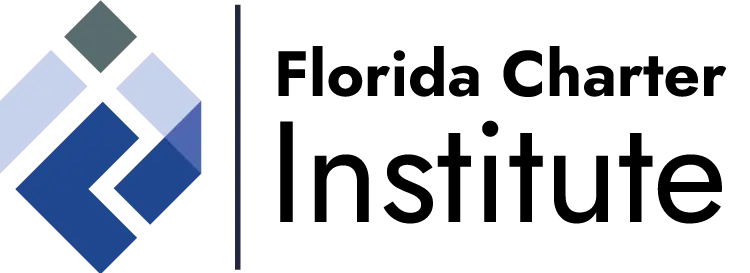Problem-Based Learning (PBL) can be a powerful instructional tool to overcome these challenges. Equipped with PBL, teachers are able to infuse real-life application throughout the instructional unit increasing student buy-in. The problems used are teacher-selected or teacher-created problems to engage students and align with content standards. Educators employing PBL can have students apply their knowledge at several points throughout the lesson, providing formative assessment of content mastery prior to summative assessment. The application of knowledge to solve the problem simultaneously works to achieve mastery of the content. While students use their knowledge in scenarios, they create different solutions to the problem, work in collaboration with peers, and think creatively and critically. These are all vital characteristics of a 21st century professional. In our presentation, we will explain our rationale for our use of PBL, our method of creating PBLs in the middle school science classroom, and lessons learned. The majority of our examples will be based on Florida Life Science Standards, but the methodology of PBL creation is cross-curricular.
